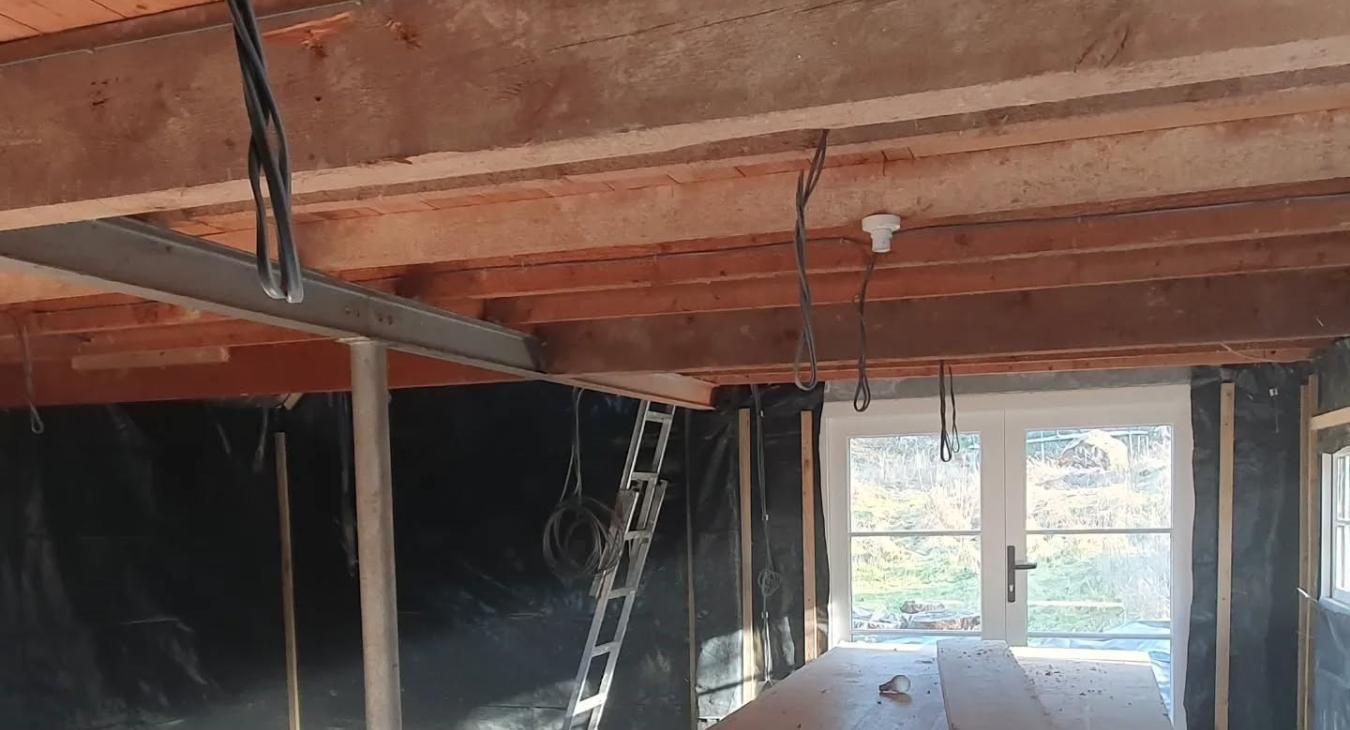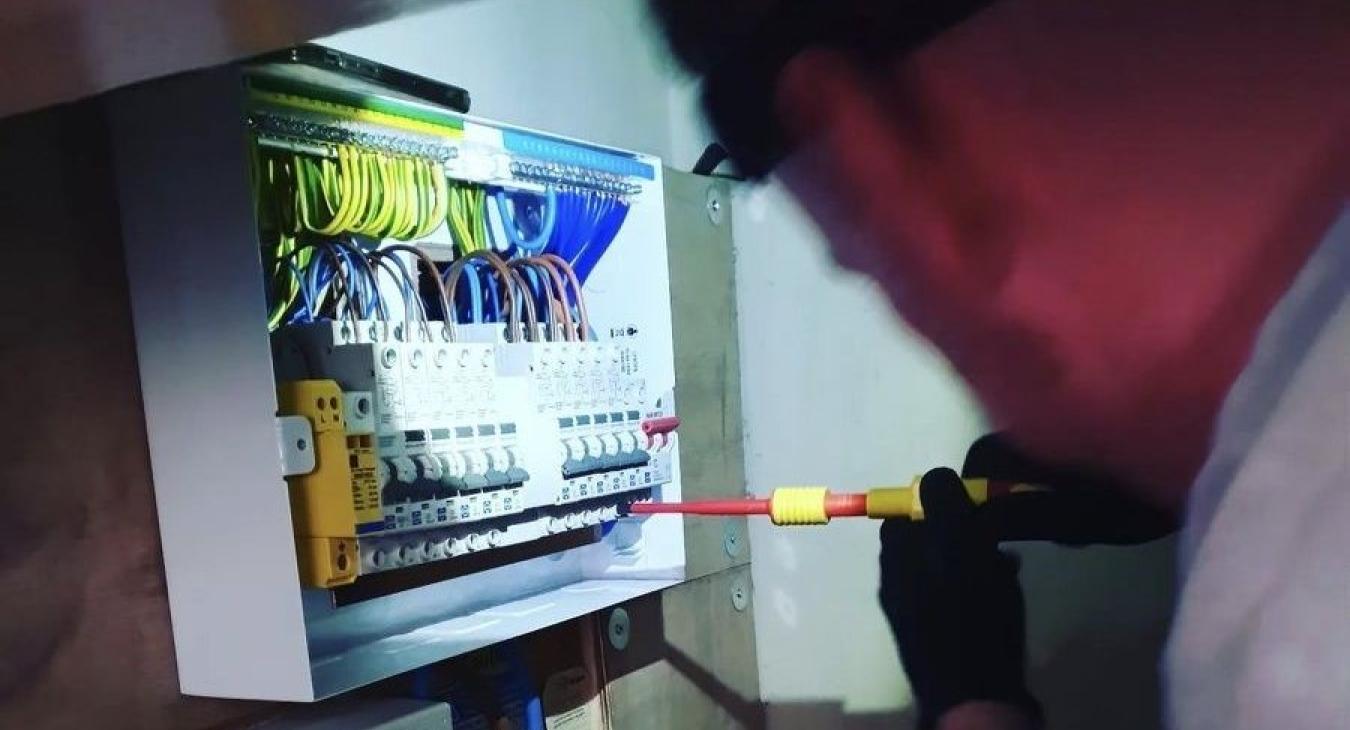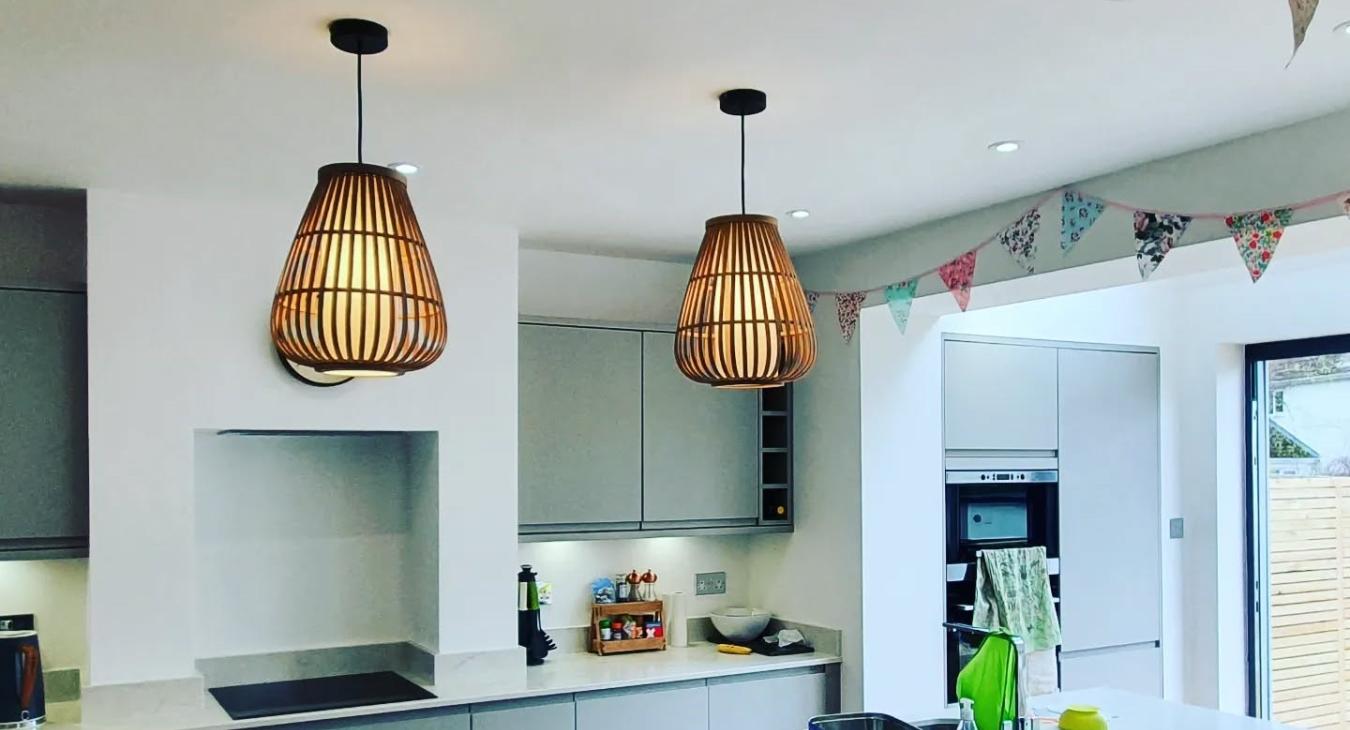Costs vary depending on the setup, but we offer affordable RCD installation as part of fuse box upgrades or rewiring projects. Investing in RCD protection is a small price for peace of mind and safety.
Yes. Outdoor sockets and equipment must be protected by an RCD — this is a legal requirement to reduce the risk of electric shock.
Yes. We can upgrade older consumer units with modern RCD protection or install RCBOs for individual circuits, significantly improving electrical safety.
Frequent tripping could indicate a faulty appliance, wiring issue, or moisture problem. It's best to have it inspected by a professional to identify and fix the cause.
An RCBO combines the function of an RCD and an MCB (Miniature Circuit Breaker), offering both earth leakage protection and circuit overload/trip protection in a single device — typically used for individual circuits.
You should press the test button every 3 months to make sure it trips properly. If it doesn’t, contact a qualified electrician immediately.
Check your consumer unit (fuse box). RCDs usually have a "T" or "Test" button and may be labelled "RCD" or "RCBO". If you're unsure, we can inspect your system and confirm.
Yes — under current UK wiring regulations (BS 7671), RCD protection is required on most new and updated circuits. If your fuse box doesn’t include RCDs, it's time to consider an upgrade for safety.
RCDs detect when electricity is leaking to earth — for example, through a person who accidentally touches a live wire. By switching off the power almost instantly, it can prevent serious injury or even death.
An RCD (Residual Current Device) is a safety device designed to prevent electric shocks and reduce the risk of electrical fires. It constantly monitors the flow of electricity and will cut off the power in milliseconds if it detects a fault or leakage.
Absolutely. We provide all the necessary documentation and certification to confirm your new wiring meets current regulations.
Typically, homes should be fully rewired every 25–30 years. Regular electrical inspections are recommended every 5–10 years, or when buying a new home.
Yes. In some cases, partial rewires or phased upgrades are possible. We’ll assess your setup and advise on the safest and most efficient approach.
Some access is required, which may involve chasing into walls or lifting floorboards. We always carry out work carefully and can recommend plasterers or decorators if needed afterwards.
We replace all electrical wiring, sockets, switches, and lighting circuits to meet modern safety standards. We’ll also upgrade your consumer unit (fuse box) if needed.
Yes, all our electricians are fully qualified, NICEIC-registered, and fully insured. Safety and compliance are always our top priority.
Not always. We aim to minimise disruption, and in many cases, we can work around you. However, for larger projects, it may be more convenient to vacate during certain phases.
A full rewire usually takes 5–10 working days, depending on the size and complexity of the property. We’ll provide a clear schedule and stick to it.
Costs vary depending on the size of your property, access, and specific requirements. We provide free, no-obligation quotes tailored to your home.
Signs include flickering lights, outdated fuse boxes, frequent tripping, burning smells from sockets, or old rubber or fabric wiring. If your property is over 30 years old and hasn't been inspected, it’s a good idea to get a professional assessment.









